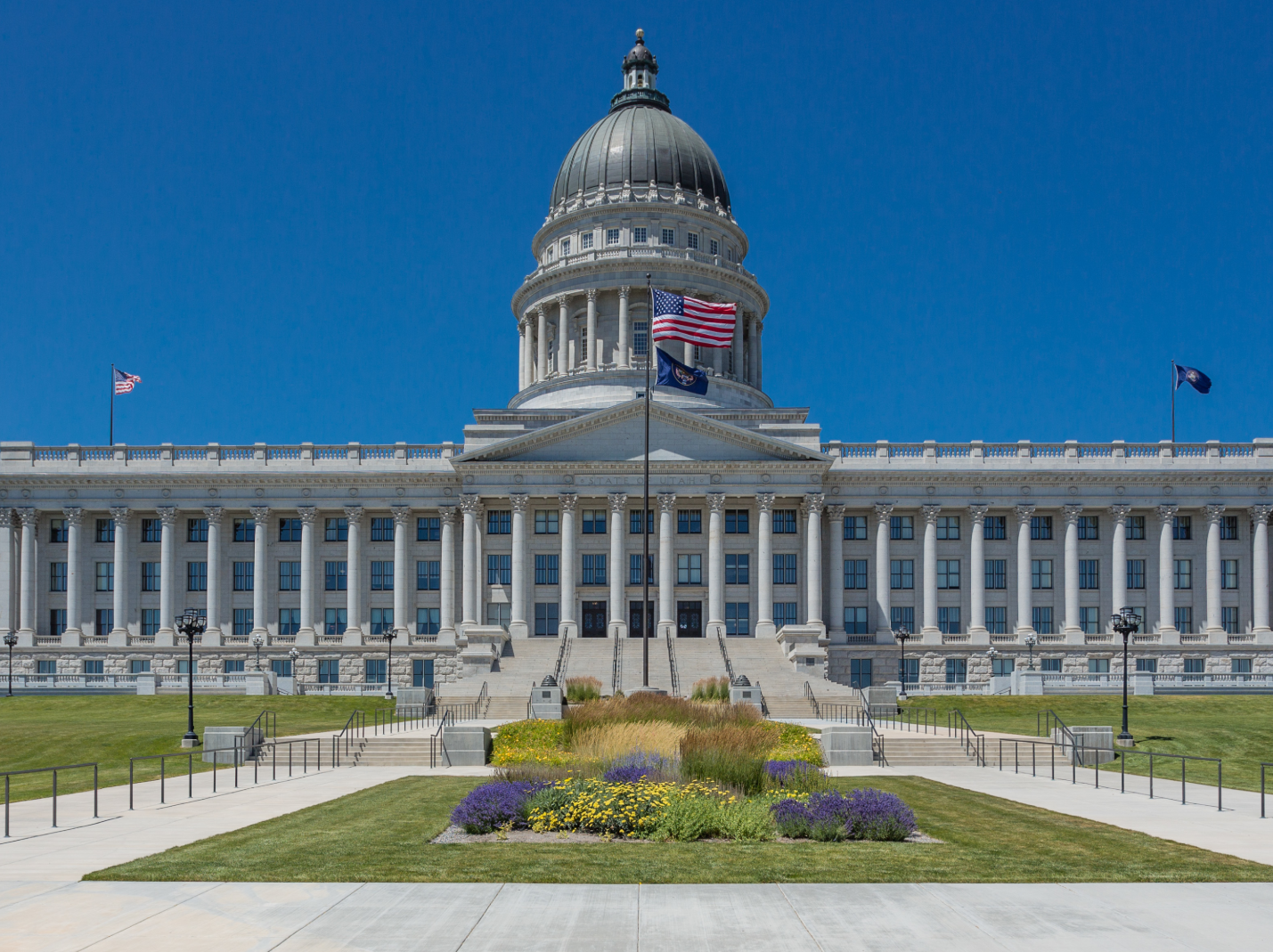
Editor’s Note: The following excerpt is from an article originally published by Diogenes In Exile on June 23, 2025. With edits to match MTC’s style guidelines, it is cross-posted here with permission.
Reclaiming Education: Three Legislative Fixes to Push Back Against Ideological Capture
It may be difficult to focus on the arcane issues of higher education with the summer heating up, taking the culture wars and Middle East conflict with it. But while those situations may be out of our control, starting the process of fixing higher education is easily in our grasp. The action taken now is just the investment needed to curtail the chaos coming at us.
This is a time to take on politicized curricula and professional gatekeeping directly. These issues may have silently shaped a generation, but they need not infiltrate our future if we act now.
I’ve spent the last several months looking over legislation that will help Tennessee do just that. There is a long way to go before they become law, but let’s take a look at them and start field-testing these ideas, and place them in the cauldron of our legislative process.
Where the Federal government is getting tied up in geopolitical situations, States have the power to change course.
The most effective reforms today focus on transparency in the classroom, accountability for accreditors, and protections for professionals speaking freely in politicized fields. These aren’t silver bullets, but they offer a powerful start.
So let’s make use of them.
[RELATED: Ohio Crushes Woke Profs’ Revolt, Signs Law to Depoliticize Colleges and End DEI]
Syllabus or Surprise? Transparency in the Classroom
Each year, millions of students sign away their financial futures with little knowledge of what their education will actually entail. Course descriptions are vague. Syllabi are locked behind registration portals. In the absence of transparency, ideology has quietly flooded disciplines once grounded in rigor—education, counseling, social work, even parts of medicine and STEM.
The issue isn’t just fringe courses in gender or critical race theory. It’s the subtle rewriting of core curricula to prioritize ideological outcomes over empirical reasoning. Students enrolling in psychology might learn more about systems of oppression than the DSM. Nursing students are spending more time covering lived experience than diagnostic evidence. These trends are real, and they’re growing.
To address this, states like Texas, Ohio, and Utah have passed Syllabus Transparency Acts—laws requiring public colleges to post syllabi online at least seven days before classes begin. This simple reform empowers students to know what they’re paying for and allows taxpayers to monitor what’s being taught at public institutions. It also invites broader scrutiny from employers, alumni, and policymakers who want to ensure academic standards are upheld.
It’s not a comprehensive fix. But it’s a concrete, achievable step—and a gateway to deeper reform.
[RELATED: Utah’s Senate Bill 334 Sparks a Civic Renaissance]
Breaking the Accreditor Cartel
One of the least understood but most powerful drivers of ideological conformity in higher education is accreditation. These private organizations determine whether universities qualify for federal funding, and in doing so, shape what institutions teach, how they hire, and what values they promote.
Because accreditors are shielded by federal mandates, states have long felt powerless to intervene—even when accreditors threaten to penalize schools for refusing to adopt politicized standards.
That changed with Florida’s 2022 law requiring universities to rotate their accrediting agencies. This undermined the de facto monopoly that accreditors had enjoyed, signaling that states could, in fact, reclaim oversight. Iowa’s House File 295 went further, explicitly barring accreditors from retaliating against institutions that comply with state law—even allowing the state attorney general to bring civil action when violations occur.
Model legislation from the Civics Alliance builds on these reforms by empowering state policymakers to direct how public universities interact with accreditors. Together, these efforts assert that states—not unaccountable nonprofits—should define the public mission of education.
This approach doesn’t hinge on a sympathetic president’s executive order. Once enacted, these laws remain in effect regardless of who is in the White House…
Read the full article here.
Image: “Utah State Capitol” by Andrew Smith on Wikimedia Commons